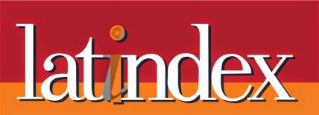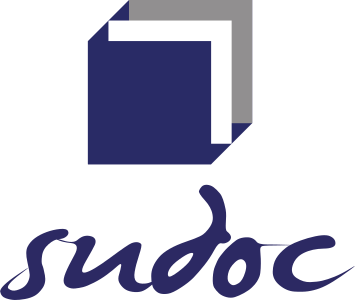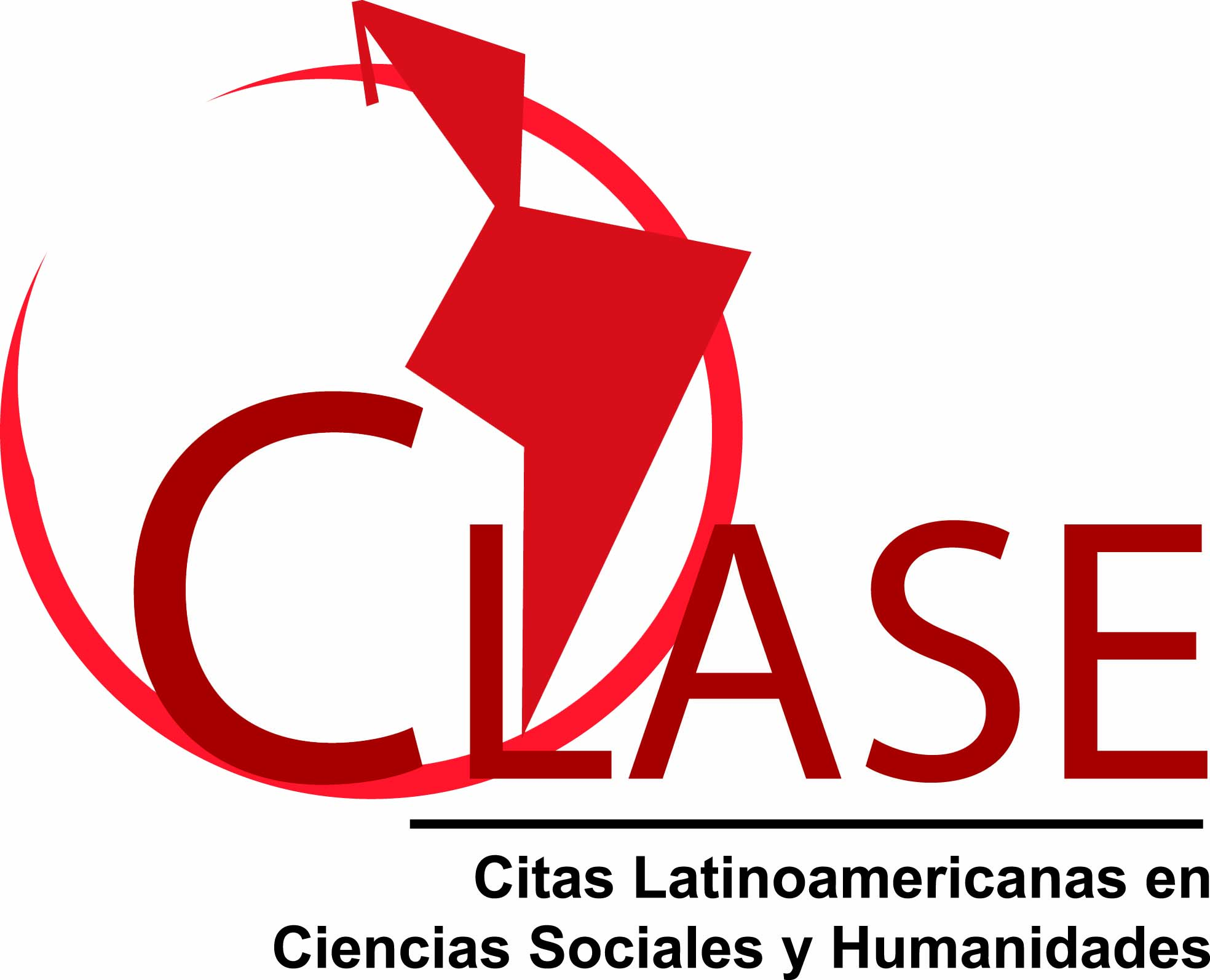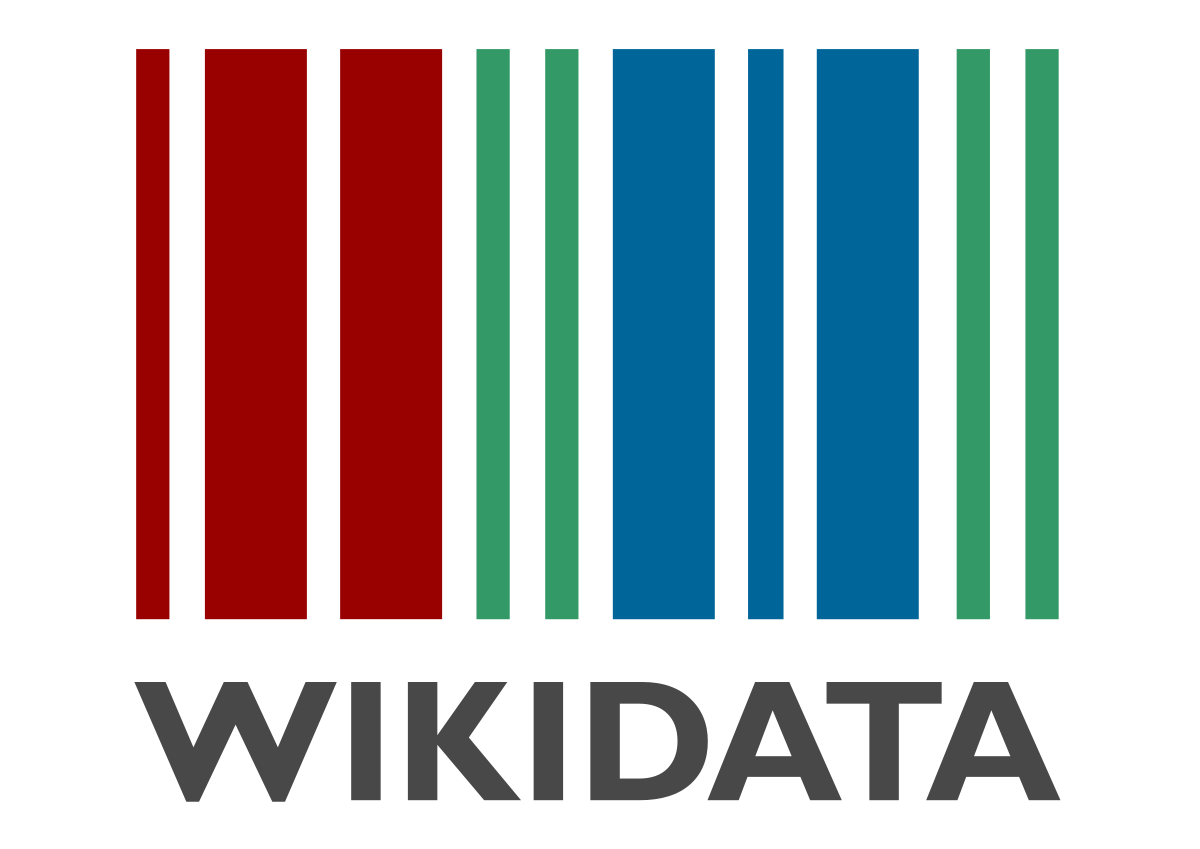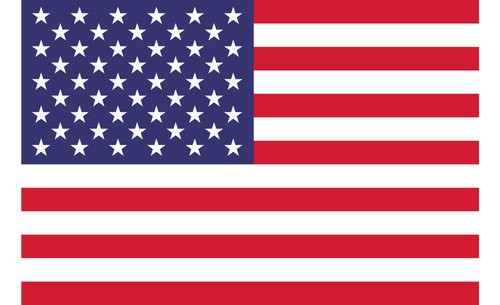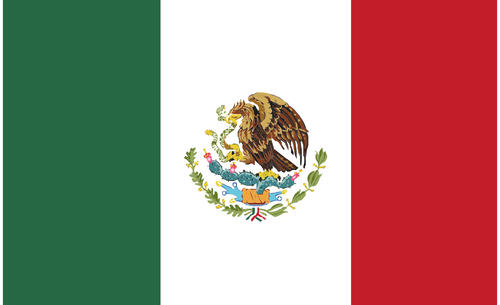Cuerpos y razones. Nietzsche y la complejidad de lo humano
Palabras clave:
Nietzsche, corporalidad, ZaratustraResumen
Las múltiples observaciones de Nietzsche en torno al cuerpo representan sin duda un punto hermenéutico fundamental en el ámbito de la reflexión moral sobre el tema de la corporeidad. Al mismo tiempo, la reconstrucción de su pensamiento sobre este delicado argumento constituye un banco de prueba decisivo para reconsiderar críticamente la razón, intentando replantear su posición al interior del mundo de lo humano. El leitmotiv del cuerpo une firmemente entre sí las ásperas críticas que Nietzsche dirige a la civilización occidental, la cual, desde Sócrates en adelante, ha visto el predominio de una racionalidad abstracta y calculadora en detrimento de una razón encarnada y más humana. De los escritos juveniles a los de la madurez, de Zaratustra a los últimos pamphlet polémicos, pasando por la miríada de los fragmentos póstumos. Diseminado en casi todas sus obras y extendido en un arco emporal de casi veinte años, su interés por la dimensión corpórea de lo humano no pierde nunca tensión.
Descargas
Referencias
2 ARCELLA L. L’innocenza di Zarathustra. Considerazioni sul I libro di Così parlò Zarathustra
di F. Nietzsche. Milano: Mimesis; 2009.
3 NIETZSCHE F. Crepuscolo degli idoli. Milano: Piccola Biblioteca Adelphi; 2008.
4 ZALTIERI C. Nietzsche e il pensiero corporante in cammino. Cqia Rivista; ottobre
2011: 1-14.
6 NIETZSCHE F. Frammenti postumi 1884-1885. Milano: Adelphi; 1975.
7 SCHÜSSLER I. Il significato del corpo nella filosofía di Nietzsche. En: AA.VV. Nietzsche.
Veritàinterpretazione. Alcuni esiti della rilettura. Atti del Convegno di studi
nietzscheani. Rapallo 2-4 XII 1981. Genova: Tilgher; 1983: 259-272.
8 NIETZSCHE F. La gaia scienza. Milano: Piccola Biblioteca Adelphi; 2003.
9 CASINI L. La riscoperta del corpo. Schopenhauer, Feuerbach, Nietzsche. Roma:
Studium; 1990.
10 CORRADINI D. Leggi di natura, ragioni del corpo e ascetismo nel pensiero di Nietzsche.
Rivista internazionale di filosofia del diritto; luglio-settembre 1988: 476-
523.
11 NIETZSCHE F. Il dramma musicale greco. En: NIETZSCHE F. La filosofia nell’epoca
tragica dei Greci e scritti 1870-1873. Milano: Piccola Biblioteca Adelphi; 1991.
12 NIETZSCHE F. Così parlò Zarathustra. Milano: Piccola Biblioteca Adelphi; 2005.
13 GIOVANOLA B. Critica dell’uomo unilaterale. La ricchezza antropologica in K.
Marx e F. Nietzsche. Macerata: EUM; 2007.
14 NIETZSCHE F. Al di là del bene e del male. Milano: Piccola Biblioteca Adelphi;
1999.
15 NIETZSCHE F. Frammenti postumi 1879-1881. Milano: Adelphi; 1964.
16 NIETZSCHE F. Aurora. Milano: Piccola Biblioteca Adelphi; 2004.
17 NIETZSCHE F. L’anticristo. Milano: Piccola Biblioteca Adelphi; 2003.
18 NIETZSCHE F. Genealogia della morale. Milano: Piccola Biblioteca Adelphi; 2002.
19 BERNI S. NIETZSCHE E FOUCAULT. Corporeità e potere in una critica radicale della
modernità. Milano: Giuffrè; 2005.
20 WEICHELT H. Zarathustra-Kommentar. Leipzig: Meiner; 1922.
21 NAUMANN G. Zarathustra-Commentar, Bd. I. Lepizig: Haessel; 1899.
22 PIEPER A. Ein Seil Geknüpft zwischen Tier und Übermensch. Philosophische Erläuterungen
zu Nietzsches erstem Zarathustra. Stuttgart: Klett-Cotta; 1990.
23 GERHARDT V. Die “Grosse Vernunft” des Leibes. Ein Versuch über Zarathustras
vierte Rede. In: Nietzsche F. Also sprach Zarathustra. Berlin 2000: 123-163.
24 WHITLOCK G. Returning to Sils-Maria. A Commentary to Nietzsche’s “Also sprach
Zarathustra”. New York: Peter Lang; 1990.
25 LO GIUDICE S. Introduzione al lessico di Nietzsche, Milano: Armando; 1990.
26 CARRERA A. Il corpo tra volontà e rappresentazione. Schopenhauer, Nietzsche,
Bloch. Milano: Greco&Greco; 2015.
27 LO GIUDICE S. Nietzsche e gli echi del corpo. Cosenza: Pellegrini; 2007.
28 NIETZSCHE F. Frammenti postumi 1876-1878. Milano: Adelphi; 1965.
29 NIETZSCHE F. La nascita della tragedia. Milano: Piccola Biblioteca Adelphi; 1977.
30 SCHETTINO T. Il corpo in Nietzsche. Jubal; 2005.
31 ROSEN S. The Mask of Enlightenment. Nietzsche’s Zarathustra. Cambridge: University;
1995.
32 PASQUALOTTO G. Commento a F. Nietzsche. En: NIETZSCHE F. Così parlò Zarathustra.
Milano: Bur; 1990.
33 PAPPARO F.C. Qualcosa del corpo. Nietzsche e la scena dell’anima. Pisa: ETS; 2016
34 5 NIETZSCHE F. Frammenti postumi 1884. Milano: Adelphi; 1976.34 MESSER A. Erläuterungen zu Nietzsches Zarathustra. Stuttgart: Strecker &
Schröder; 1922.
35 VATTIMO G. Il soggetto e la maschera. Nietzsche e il problema della liberazione.
Milano: Bompiani; 1974.
Descargas
Publicado
Número
Sección
Licencia
Medicina y Ética se distribuye bajo Licencia Creative Commons Atribución-NoComercial-CompartirIgual 4.0 Internacional.
El autor conserva los derechos patrimoniales sin restricciones y garantiza a la revista el derecho de ser la primera publicación del trabajo. El autor es libre de depositar la versión publicada en cualquier otro medio, como un repositorio institucional o en su propio sitio web.














